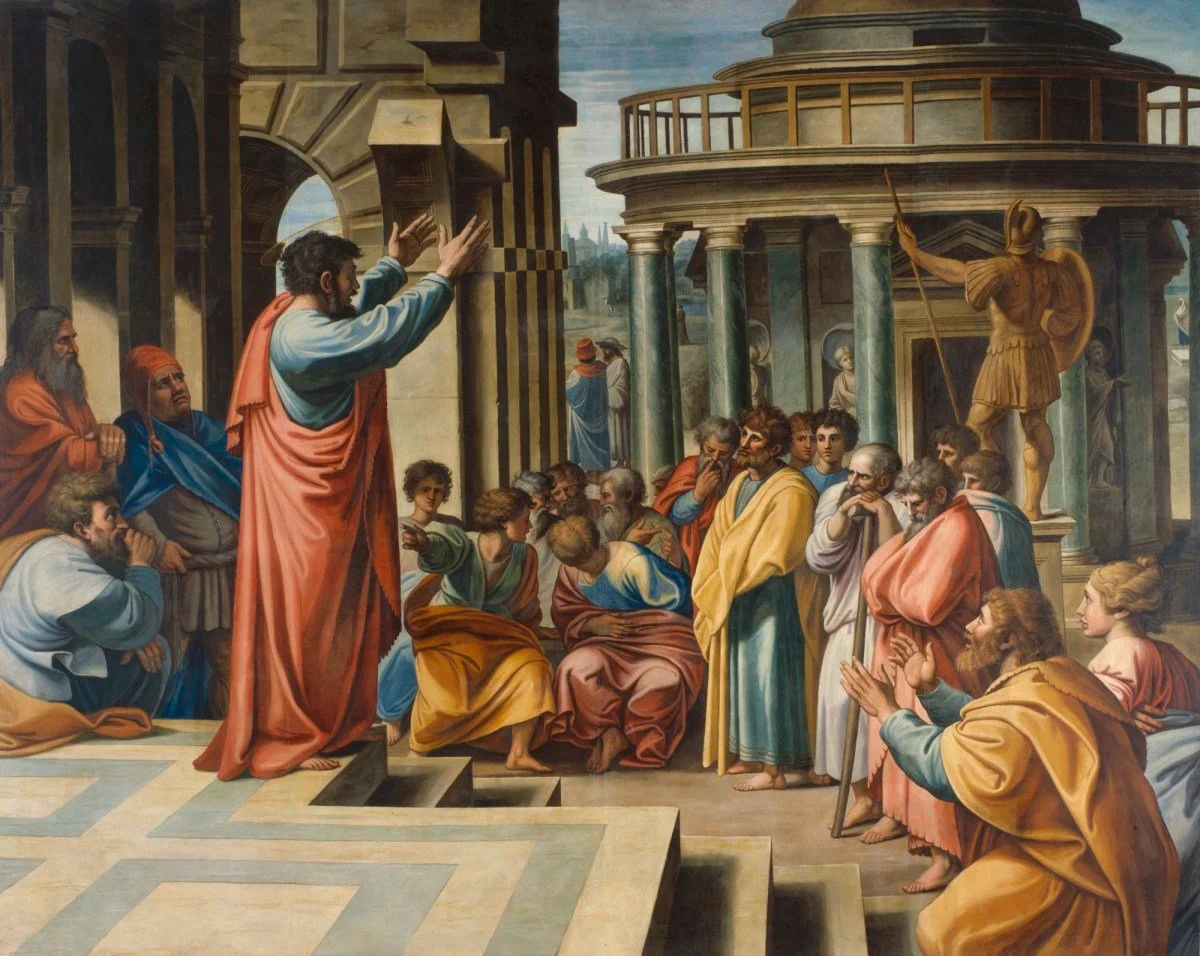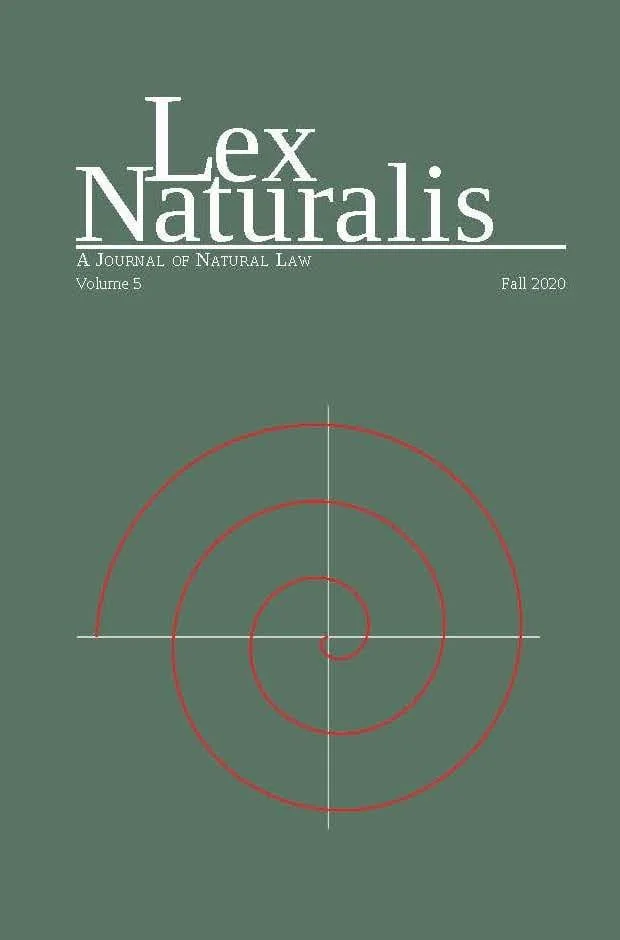We may fool ourselves into thinking we can engineer intelligence in machines, but there are certain things they will never be able to do. Understanding authentic intelligence will go a long way in guiding ethical debates about its artificial counterpart.
Apologetics & The Christian Faith
Proving God from Perfection
Can God be proven? Yes. Denying the provability of God is popular today, even for Christians. Faith and reason have been divorced, and we Christians sometimes swallow that pill without realizing it. But it doesn’t have to be that way. Faith seeks understanding, but it is built on it too. We believe in God for good reason or else we have no reason to believe in God.
Thomas Aquinas gives a series of five ways of proving the existence of God. The fourth way is taken from our idea of perfection.
Theology as a Science: Aquinas on How Philosophy Transforms Theology
How did theology become systematic? What is the history of the literal interpretation of Scripture? Thanks to the adoption of Aristotelian scientific methods, learned from his philosophical methodology, theologians transformed the allegorical and mystical interpretation of Scripture into literal interpretation.
See how Peter Lombard, Albert the Great, and Aquinas transformed theology into the systematic theology we have today.
"Aristotelianism" in Four Views on Christian Metaphysics
Neurology & the Virtue of Gratitude
Modern science and the Christian community do not always communicate with each other as much as they should. While secular scholarship grows more interested in the health benefits of gratitude and other virtues from a neurological and psychological angle, Thomists will not be surprised that a health benefit is associated with virtuous activity. The close mind-body relationship of hylomorphism could equip scientists to explain mental health in non-materialistic and reductionist ways. More partnership could exist between psychology and philosophy as both help explain each other.
The Necessity of the Natural Law
Special revelation is God’s instruction book. But what device is it an instruction book for? Which is prior, the device or the instructions? Can someone figure out how to use it properly without the instructions, even if imperfectly? Advocates of the natural law say “Yes.” God created human nature to function in a certain way. The way God ordered humanity and the rest of creation is an expression of his own orderly nature.
Aristotelian-Thomistic Psychology
Aristotle’s On the Soul along with his Categories helps us define the soul and its powers., and consequently different essences, like human nature. It lays the groundwork of a Christian psychology as Thomas Aquinas develops Aristotelian psychology in a Christian way. In both Aristotle and Aquinas, this psychology establishes the groundwork for the natural law and Aristotelian ethics.
Erring Conscience & Religious Freedom
Virtue Ethics in Kierkegaard
Aquinas on Semantic Realism and Analogy of Being
Semantic anti-realism holds that statements cannot have truth value if their truth criteria are beyond the ability of humans to recognize them. John Haldane proposes moderate compatibility with Aquinas. I disagree, and the denial of verification-transcendence denies the possibility of the analogy of being.















